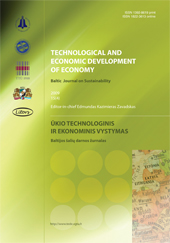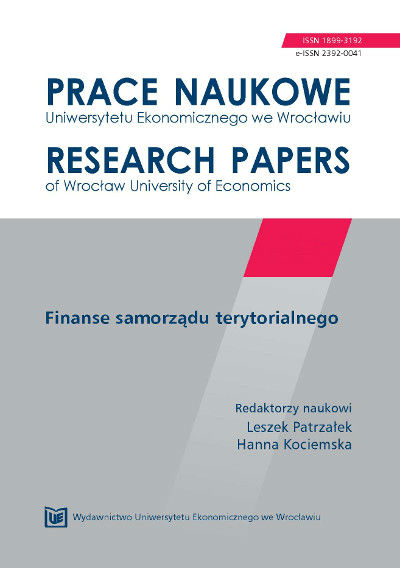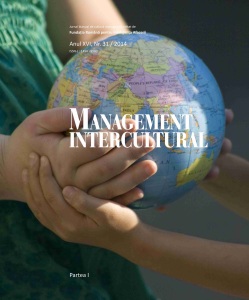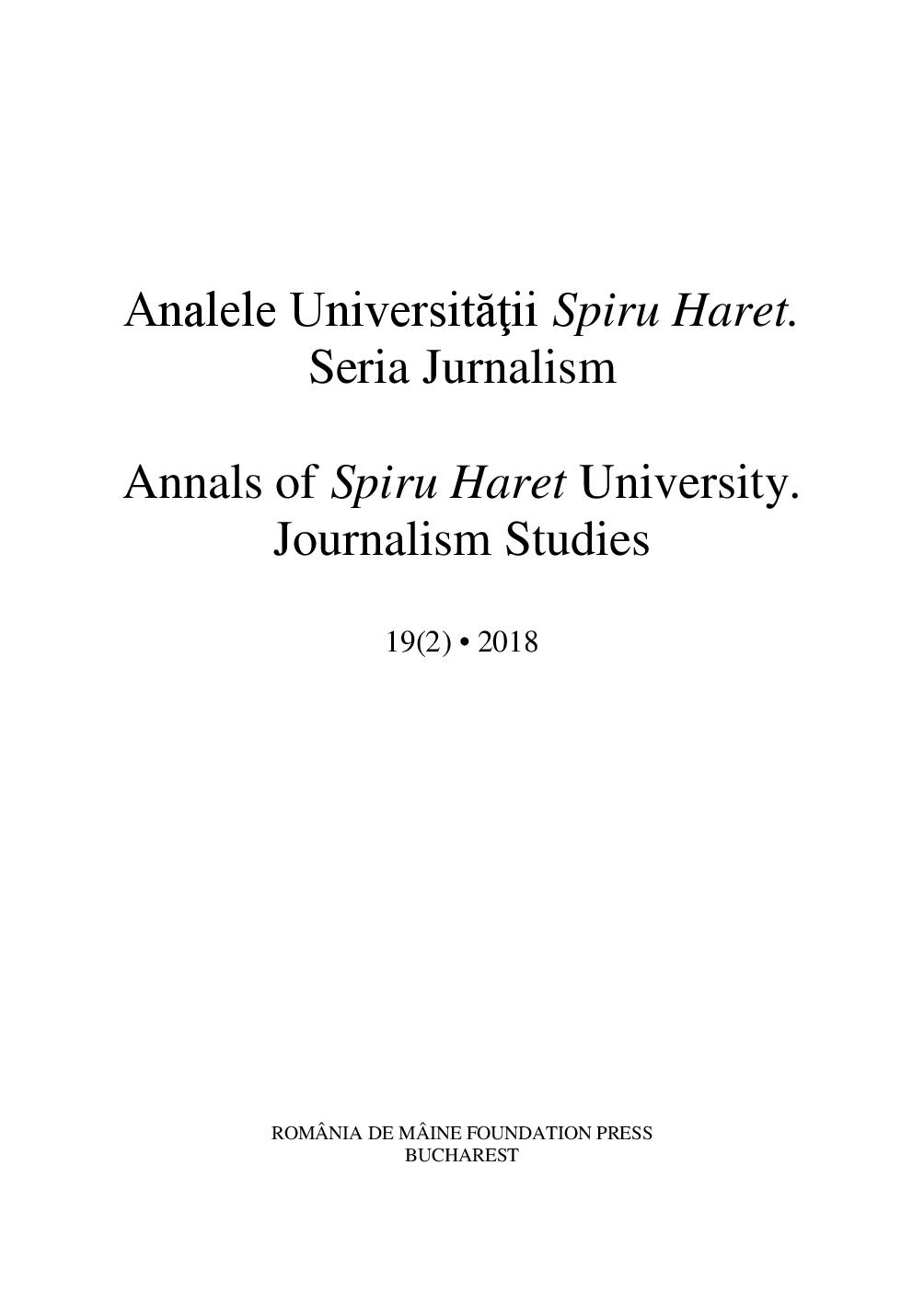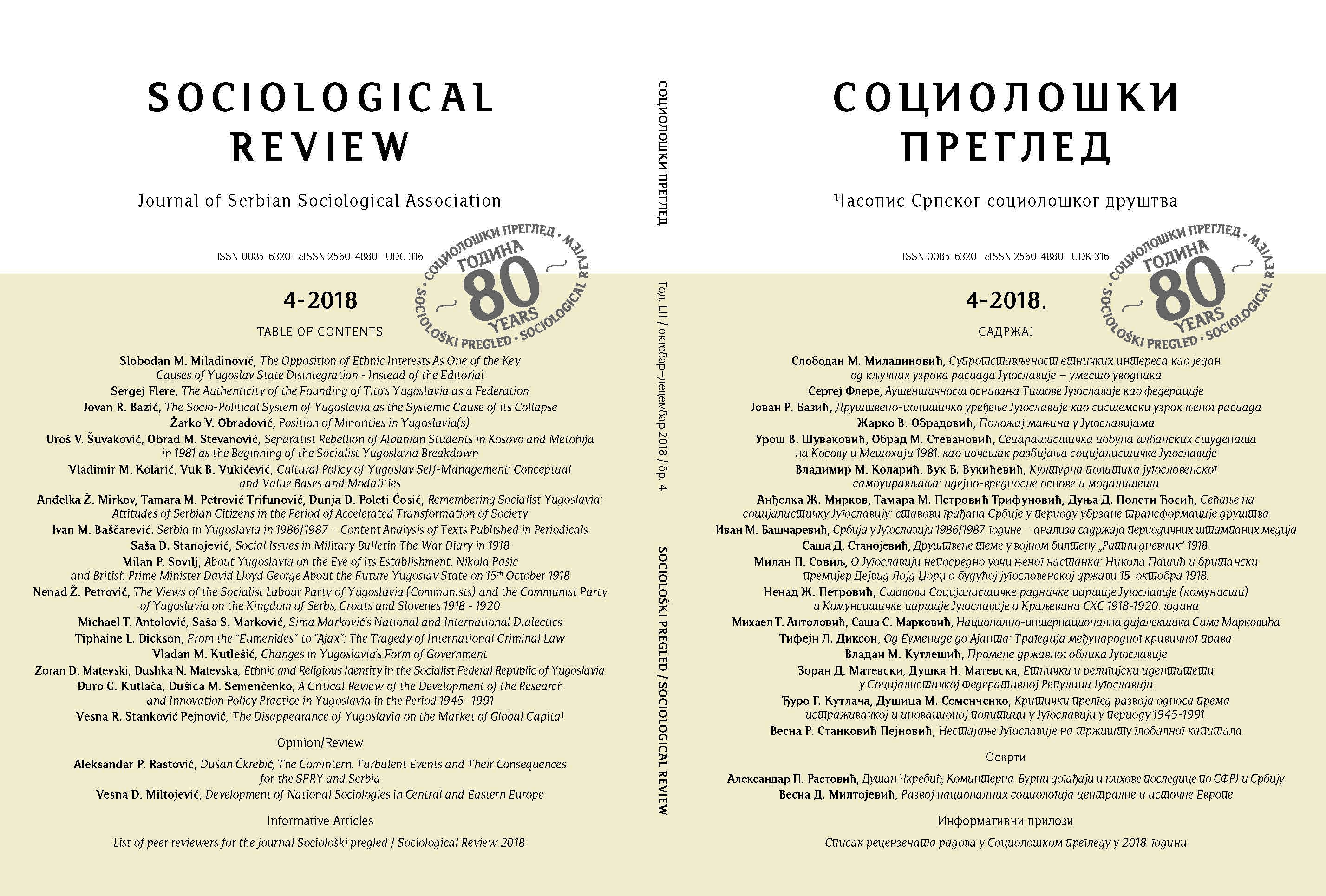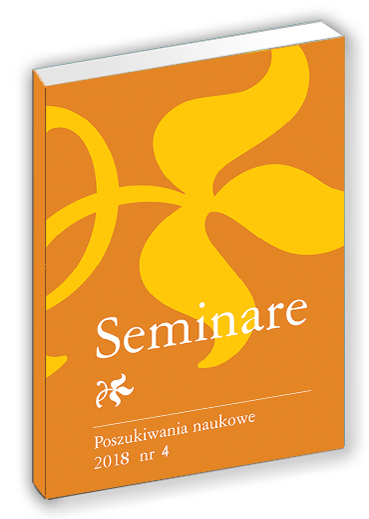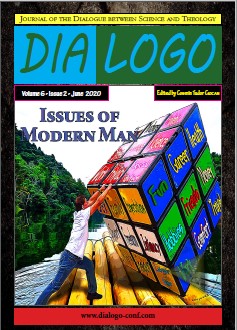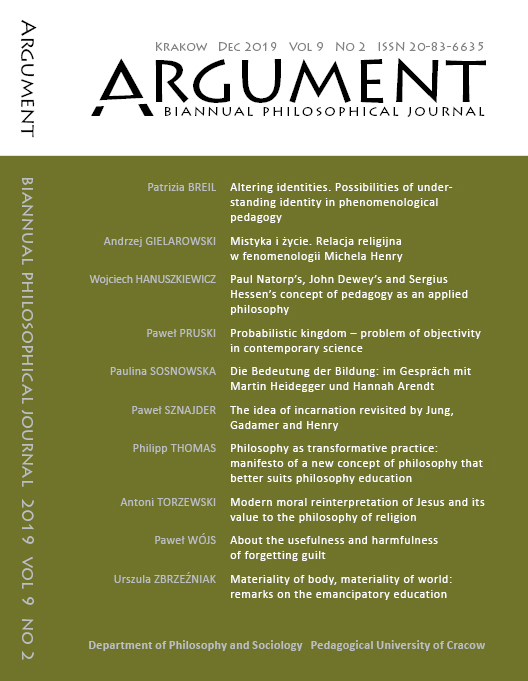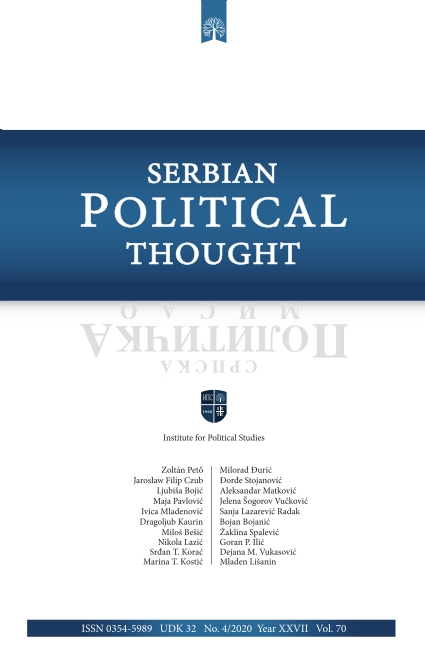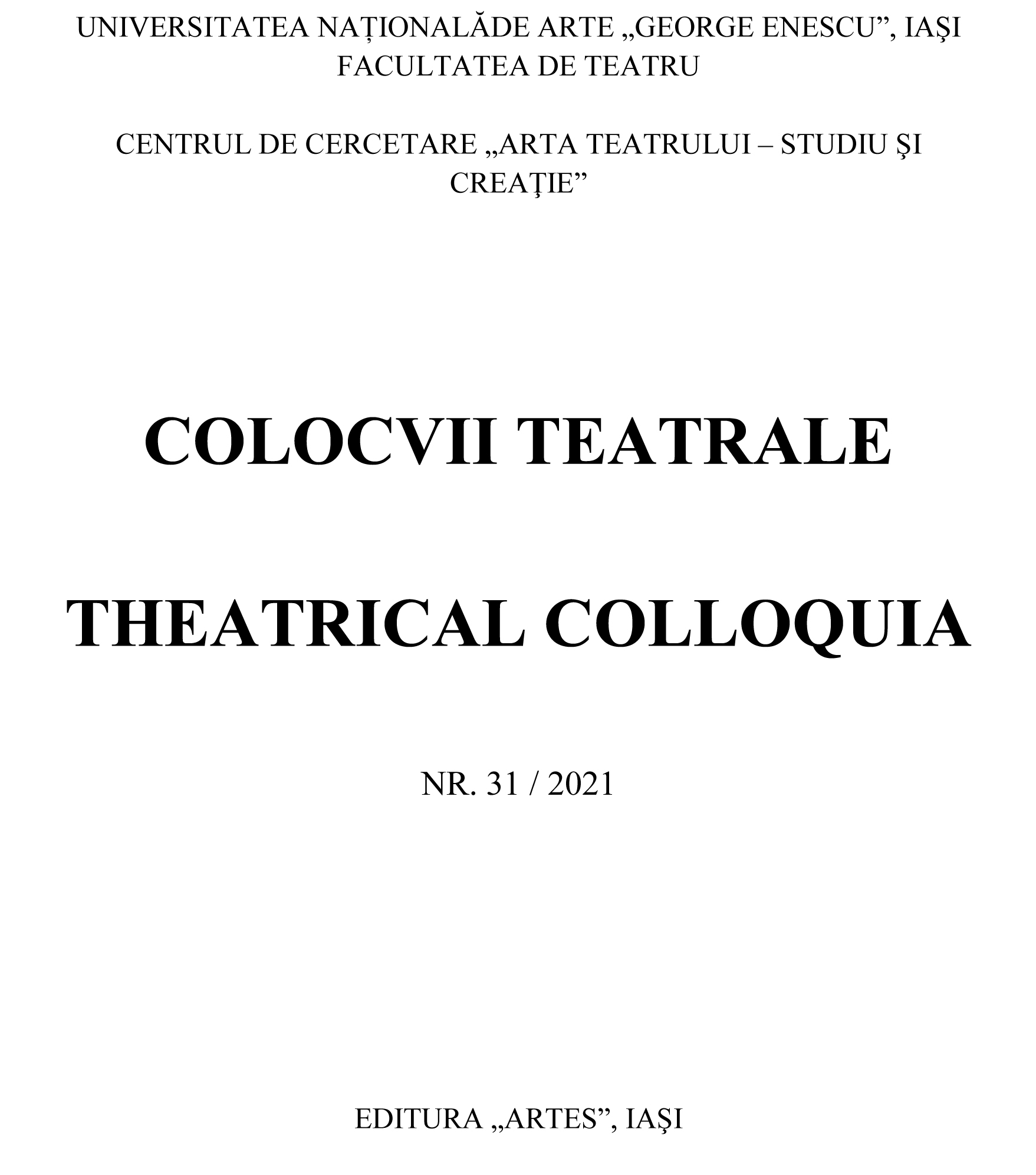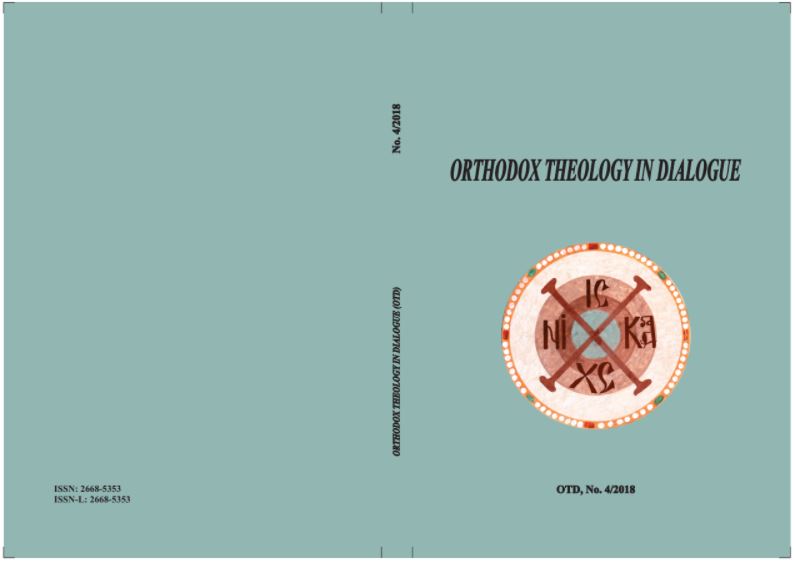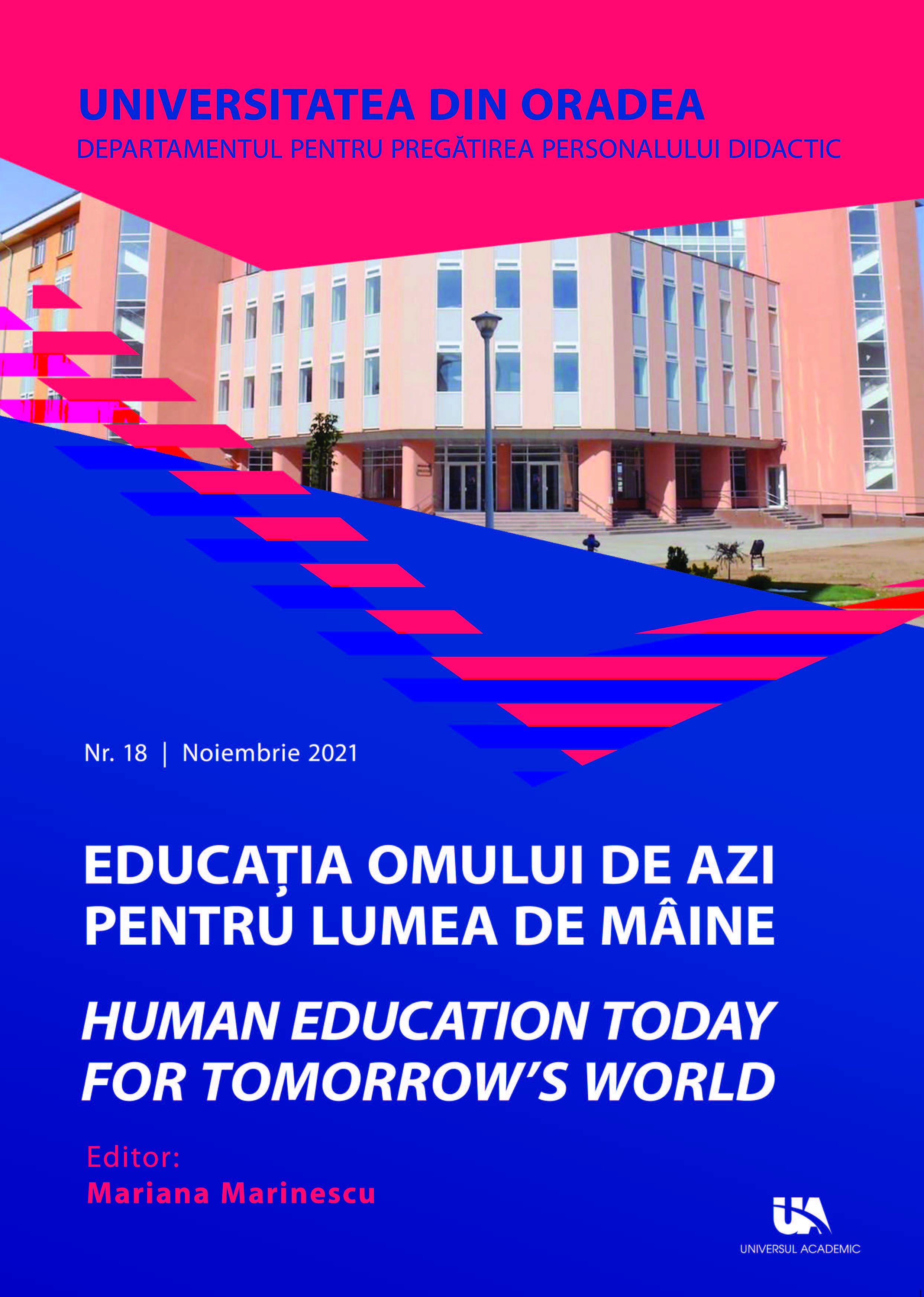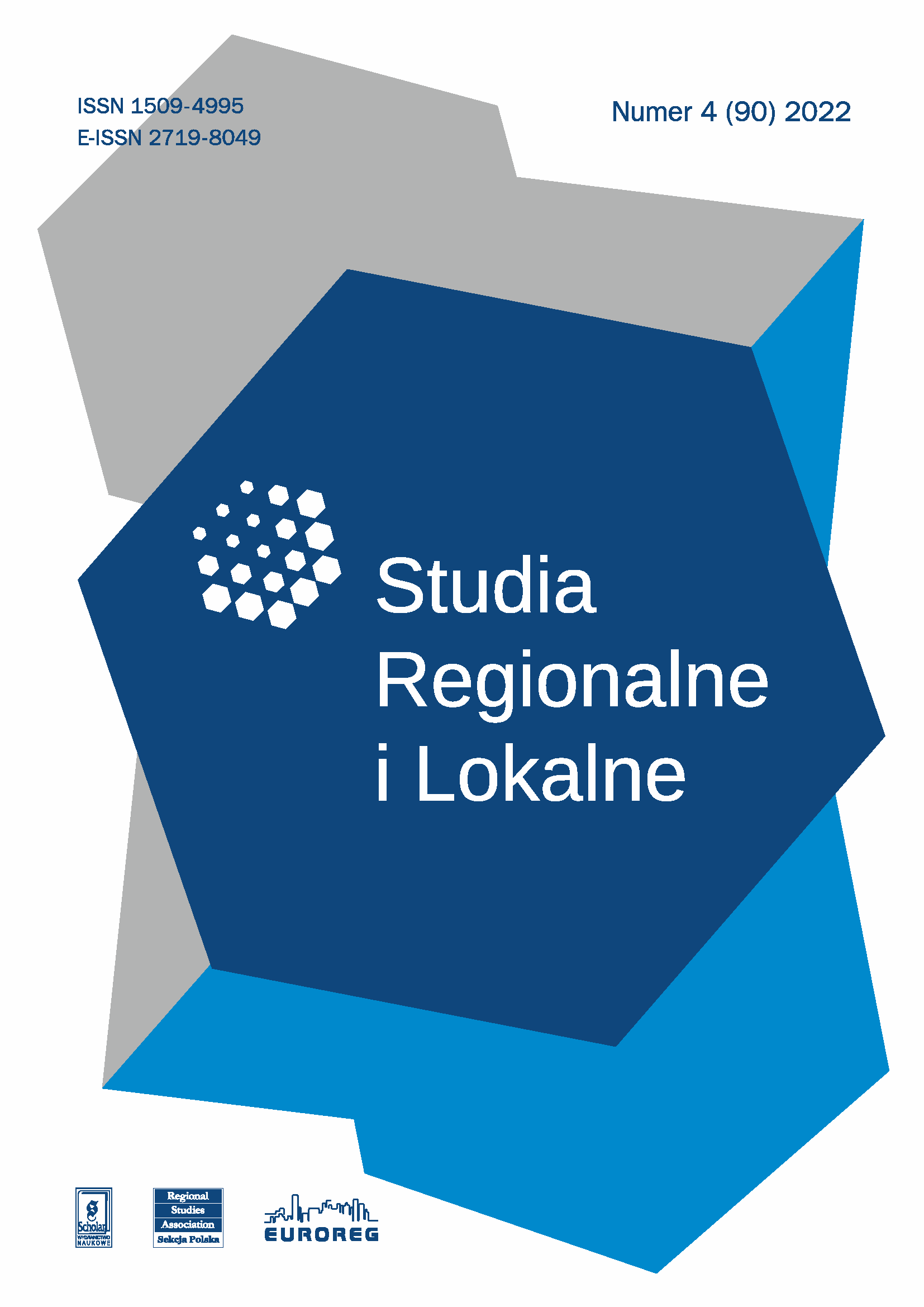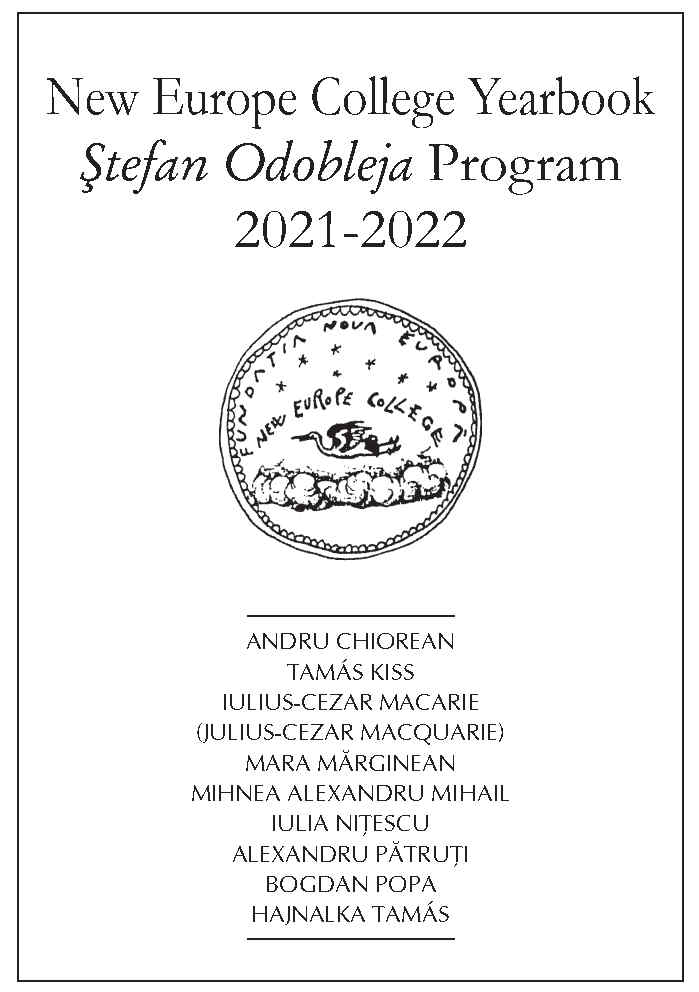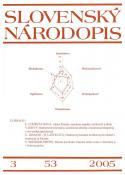
Value orientations, collective identities and value cleavages in Slovak society
Hodnotové orientácie, kolektívne identity a hodnotové štiepenia v slovenskej spoločnosti
Keywords: value orientations; historical patterns; group identities; attitudinal cleavages
The paper analyzes a few representative surveys of Slovak population. In process of value orientations scrutinizing, broadly shared values and value cleavages are in the focus. A concept of latent ideological types is an attempt to unveil hidden patterns of value orientations. We have described a relevant cultural pattern of historical continuity in political behaviour. A role of political conflict in a process of increasing value differences is documented. A focus shifts from particular group identities to general ones. At the end, three main dividing lines are identified.
More...
